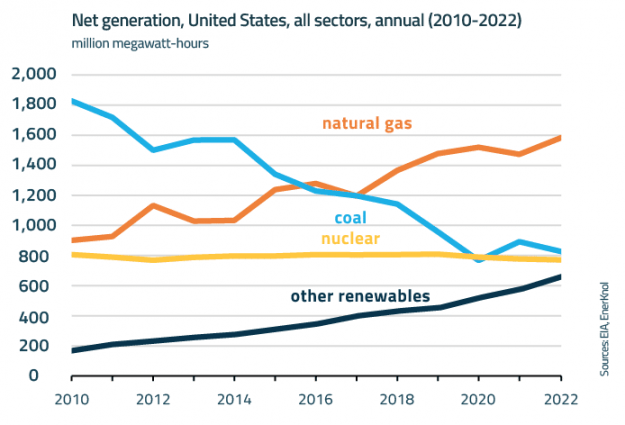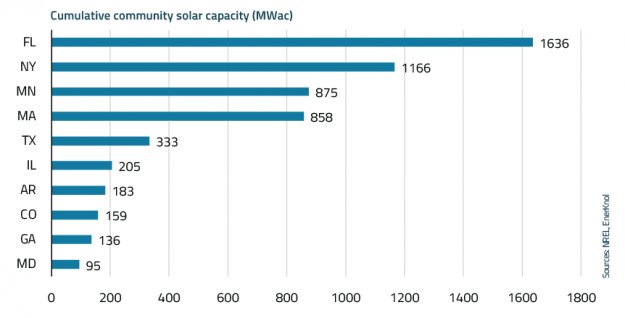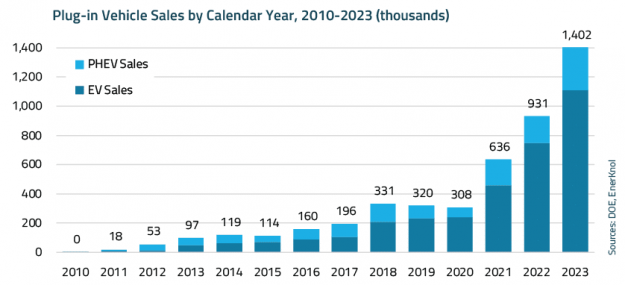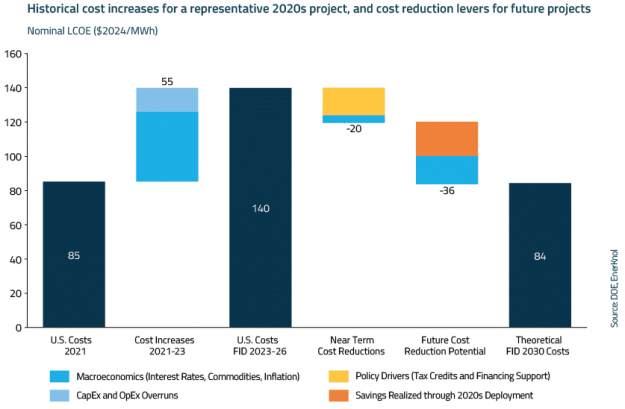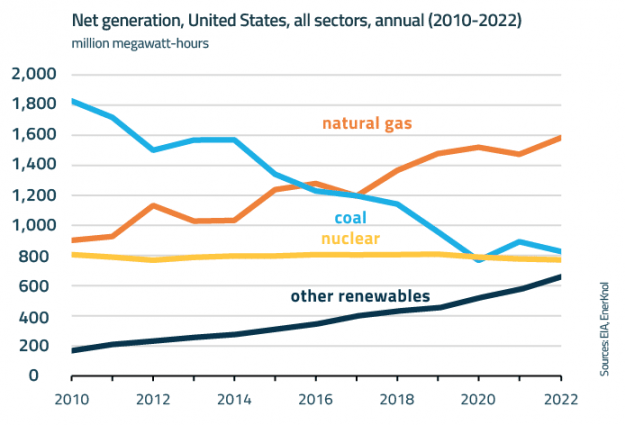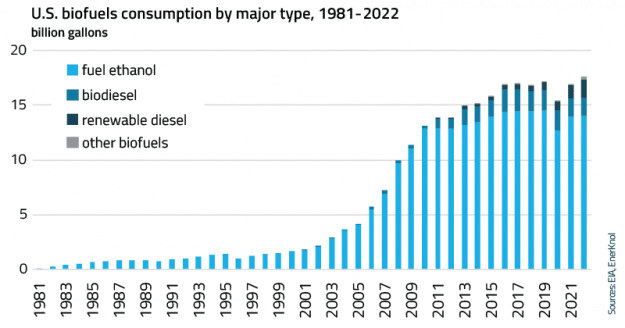Momentum Builds for Advanced Nuclear to Achieve Decarbonization Goals
Advanced nuclear solutions are garnering broad support with a slate of initiatives including funding research, developing regulatory frameworks, and planning or constructing advanced reactors. The ability of nuclear energy to produce carbon-free power is increasingly considered…Read the full report…...
